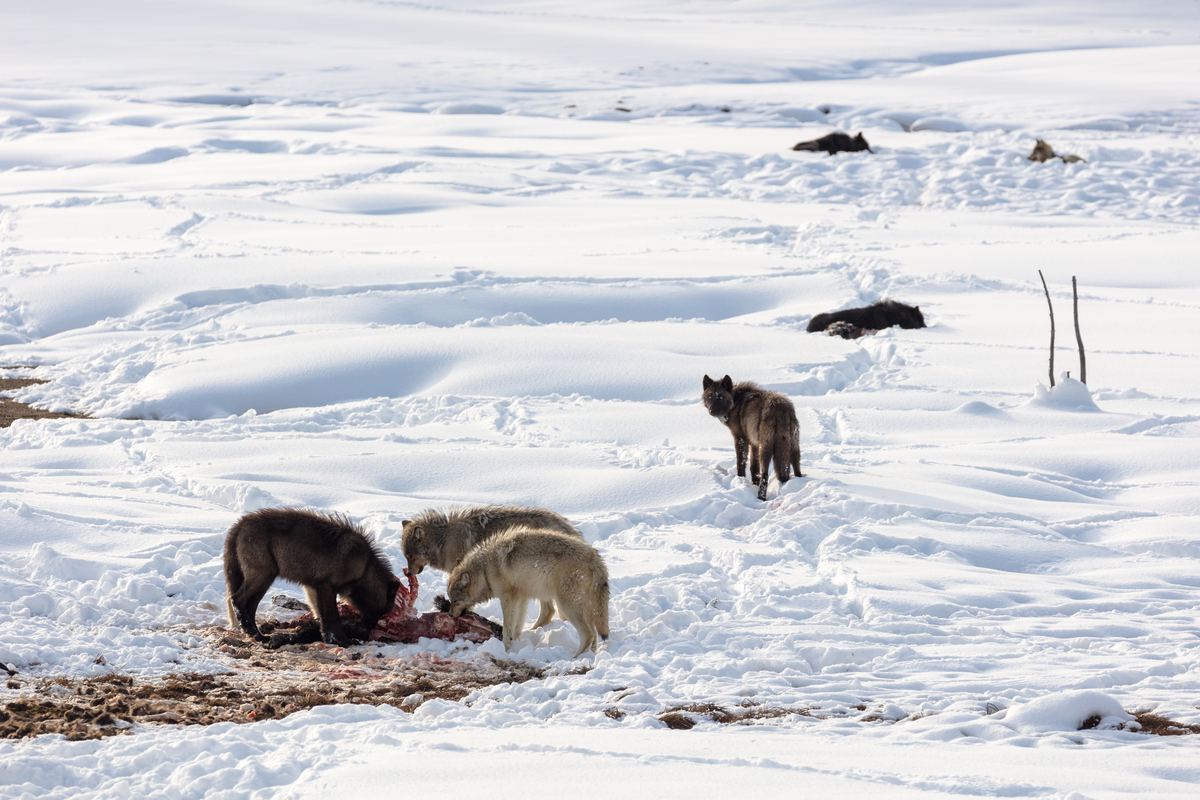One week after the U.S. Fish and Wildlife Service (USFWS) announced it rejected two petitions to return wolves in the Northern Rocky Mountains and western United States to protected status under the Endangered Species Act, a coalition of environmental groups announced they will file a lawsuit to try to force that to happen.
“After an extensive peer-reviewed assessment using the best available science, the Service announced a not warranted finding for two petitions to list gray wolves under the ESA in the Northern Rocky Mountains and the Western United States,” according to the USFWS news release. “This finding is not action-forcing; the legal status of gray wolves does not change as a result of this finding.”
That means wolves will remain under state management in Idaho, Montana and Wyoming as well as parts of eastern Oregon and Washington. However, despite being well above historic state management goals in Michigan, Minnesota, and Wisconsin, wolves there are still under ESA protection.
Environmentalists claim wolves in the Northern Rockies are headed toward extinction. Their population totals tell a different story. In 2022, there were a minimum of 1,087 wolves across Montana – a population 600 percent above minimum federal recovery goals. In Idaho, there were an estimated 1,337 wolves or nearly 800 percent above minimum recovery goals. In Wyoming, there were 338 wolves marking the 21st consecutive year the state met federal minimum recovery criteria. Washington and Oregon both have their largest wolf populations in modern history, with minimum population counts of 216 and 178 respectively. Wolves also spread into California.
The Rocky Mountain Elk Foundation maintains state wildlife agencies should sustainably manage wolves just as they manage elk, mountain lions, deer, black bears and other wildlife in line with the North American Wildlife Conservation Model.
USFWS also announced plans to develop a national recovery plan for gray wolves by December 12, 2025. Click here for FAQ information.
(Photo credit: Rocky Mountain Elk Foundation)
